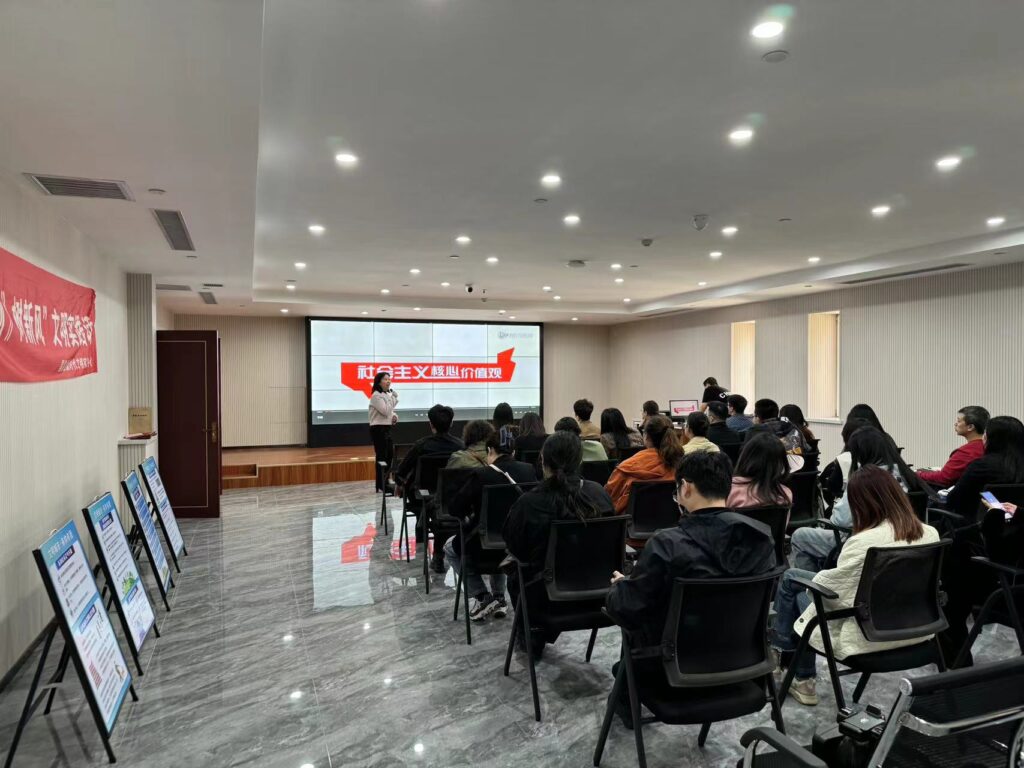
Stratification of higher education
In China, higher education institutions are strictly stratified. Leading universities, categorized as 985 and 211, represent the top tier.
Admissions are divided into three batches: first batch, second batch, and third batch. The earlier batches, with higher admission scores, typically consist of better universities.
Compared to the “first batch” and “second batch”, students admitted to the third batch are at the bottom of the bachelor’s degree hierarchy, with limited resources and narrow career prospects.
Nowadays, more and more university graduates take the one-way bridge of the civil service examination, even graduates from top universities like Tsinghua and Peking University are competing for grassroots positions.
For third batch students, they are going to pick more marginal less competitive positions and do a good job for many years to prepare for the examination determination.
Third-batch students and the civil service exam
Yuan Zijian is a physical education student from Hebei province. As he nears graduation, he faces three paths: taking the civil service exam, going to postgraduate school, and joining corporate recruitment.
He first excluded corporate recruitment, as his third-bachelor’s degree gave him no advantage in the job market, where the concept of academic hierarchy is deeply rooted, and the “third batch” label, which is difficult to tear off, has become an obstacle to employment for students just like Yuan.
Under meritocracy, third batch students are at the bottom of the employment hierarchy. They are often labelled as “not smart” or “not hardworking,” negatively affecting their job and further study prospects.
“I tried to get him into a state-owned enterprise through connections, but the manager told me even 985 graduates need to pass exams; third batch students don’t even meet the interview threshold,” said Yuan’s mother.
“After hearing that, I stopped asking my parents for job help. I tried submitting resumes online, but I had to complete over a hundred unrelated questions and personality tests, only to receive no interview opportunities,” he said.
The job offers he received through recruitment apps were mainly for legal assistant positions at private companies, offering 2000 yuan a month without social insurance.
“The leader at the last interview said 2000 is already a lot. No company wants to hire a fresh graduate with no work experience. Indeed, no one wants to hire me,” Yuan said again.
The fairness of the exam
Compared to the invisible barriers in the job market, Yuan believes that the civil service examination is a fairer way.
In the civil service examination, whether one is from a third batch or a 985/211 university, they are categorized as “undergraduates” and stand on the same starting line. Success is determined entirely by test and interview scores.
“I’ve been teaching for over 20 years at a third-batch school. Contrary to what’s said on social media, third-batch students don’t see the civil service exam as their only option. If they don’t pass, they’ll look for other jobs.
They just value the civil service job more.” Haixin Zhang said, a professor at Shijiazhuang University.
According to statistics, in the 2024 national civil service exam, undergraduates could apply for 16,302 positions, accounting for 86% of the total positions, with nearly half not requiring work experience.
This means that examination results are the main factor in hiring rather than academic qualifications or work experience.
Therefore, third batch students like Yuan believe the civil service exam is their best pathway to a stable and respectable job.
Challenges and ctereotypes faced
In recent years, social media has seen increasing discussions about third batch students flocking to civil service exams, with many netizens questioning the ability of third batch students to take the exam and do their jobs.
“students are well-suited for grassroots civil service roles, as most of the work is quite routine and detailed, with only a few exceptions for certain positions.” professor Zhang said.
“Thankfully, I succeeded in getting into a grassroots position after graduation, and when the results showed up, I came in second.”
“After passing the first exam, I knew the interview was a real challenge, and I couldn’t take it lightly. To improve my interview skills, my mother gave me 20,000 yuan, which I used to enrol in a civil service interview training class.”
The class had twelve students, and we started studying at 6 AM every day. Our self-introductions, postures, and even our clothes and shoes were guided.
The teachers repeatedly emphasized that interviewers score every move, so every detail mattered. So, every detail could be noticed.
However, for third batch students with limited choices, obtaining a civil service position through the exam has become a fair opportunity to regain social resources after the college entrance examination.
Despite the online opinions, they continue to pave their way through exams just like in the college entrance exam.
Third batch students are often unfairly labeled as not smart or lazy. In reality, being a third batch student is just the result of one exam, but this result can impact a child’s entire life.
Yuan was once an excellent student, but a year of school bullying in high school forced him to take a year off.
After working for two years, Yuan has gradually shed his inferiority complex due to his third batch graduate status. He declined when asked if he would consider taking the graduate school exam in the future.
“I fear encountering bullying again in school. Studying wastes time and money, and being a civil servant in a county doesn’t require a high degree,” he said.
The competition didn’t stop when he entered the system.
“I think I will take the selection exam (an internal promotion exam for civil servants) in the future. Spending a lifetime at the grassroots is meaningless, and a higher position in the unit means a higher salary,” Yuan said.